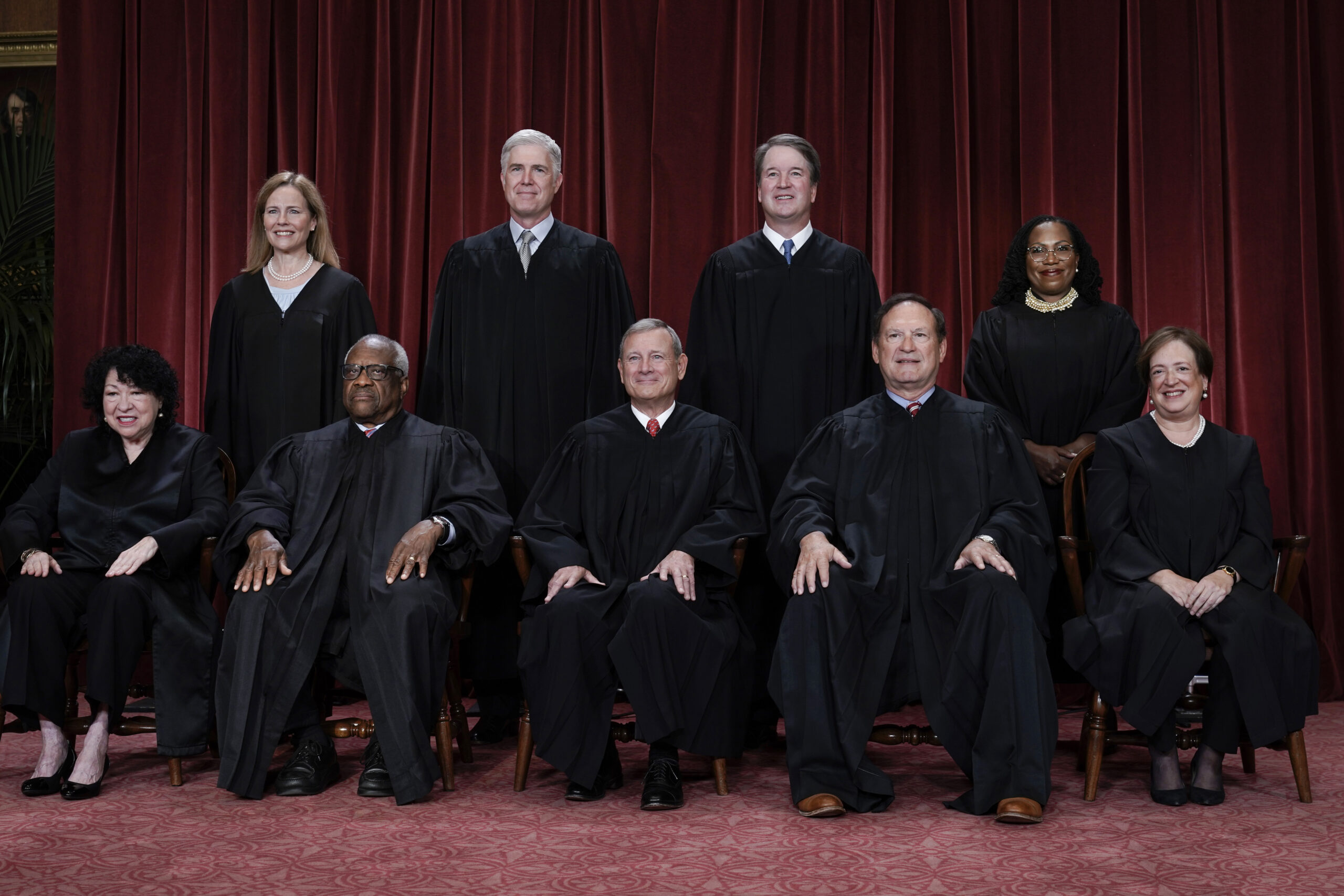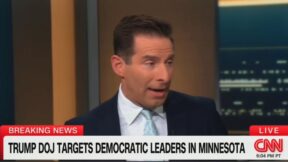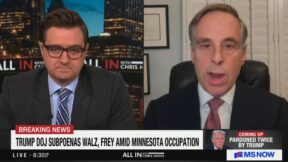Supreme Court Just Marked ‘Gays and Lesbians For Second-Class Status’ Declared Sotomayor In Scathing Dissent: ‘Profoundly Wrong’

AP Photo/J. Scott Applewhite, File
Supreme Court Justice Sonia Sotomayor wrote a scathing dissent Friday to the court’s ruling in favor of a web designer who refuses to promote gay weddings.
The landmark civil rights ruling allows for private business owners to refuse service to LGBTQ customers on the basis of the First Amendment. Justice Neil M. Gorsuch wrote the majority opinion insisting that “the opportunity to think for ourselves and to express those thoughts freely is among our most cherished liberties and part of what keeps our Republic strong.”
Sotomayer countered in a blistering dissent, in which she called the court’s decision “profoundly wrong” and accused the court of turning LGBTQ Americans into “second-class” citizens. Sotomayer wrote:
Today, the Court, for the first time in its history, grants a business open to the public a constitutional right to refuse to serve members of a protected class. Specifically, the Court holds that the First Amendment exempts a website design company from a state law that prohibits the company from denying wedding websites to same-sex couples if the company chooses to sell those websites to the public. The Court also holds that the company has a right to post a notice that says, “‘no [wedding websites] will be sold if they will be used for gay marriages.’”
Sotomayer called out the historic and unprecedented nature of the decision to limit protections for a protected class and defended the Colorado anti-discrimination law that “targets conduct, not speech, for regulation, and the act of discrimination has never constituted protected expression under the First Amendment. Our Constitution contains no right to refuse service to a disfavored group.”
“The immediate, symbolic effect of the decision is to mark gays and lesbians for second-class status,” she declared.
Read the full opinion here.





Comments
↓ Scroll down for comments ↓